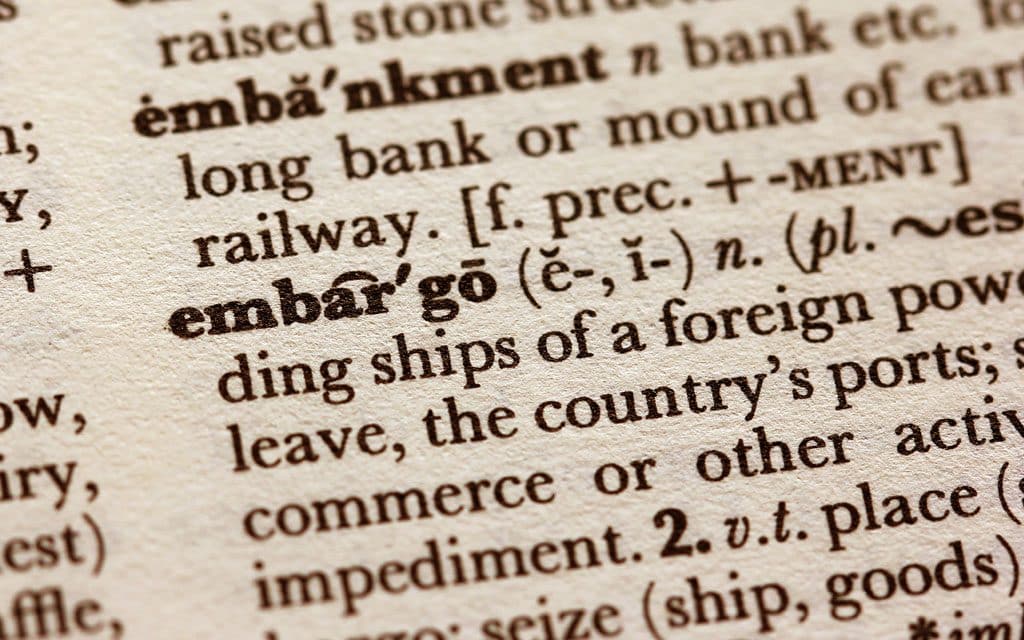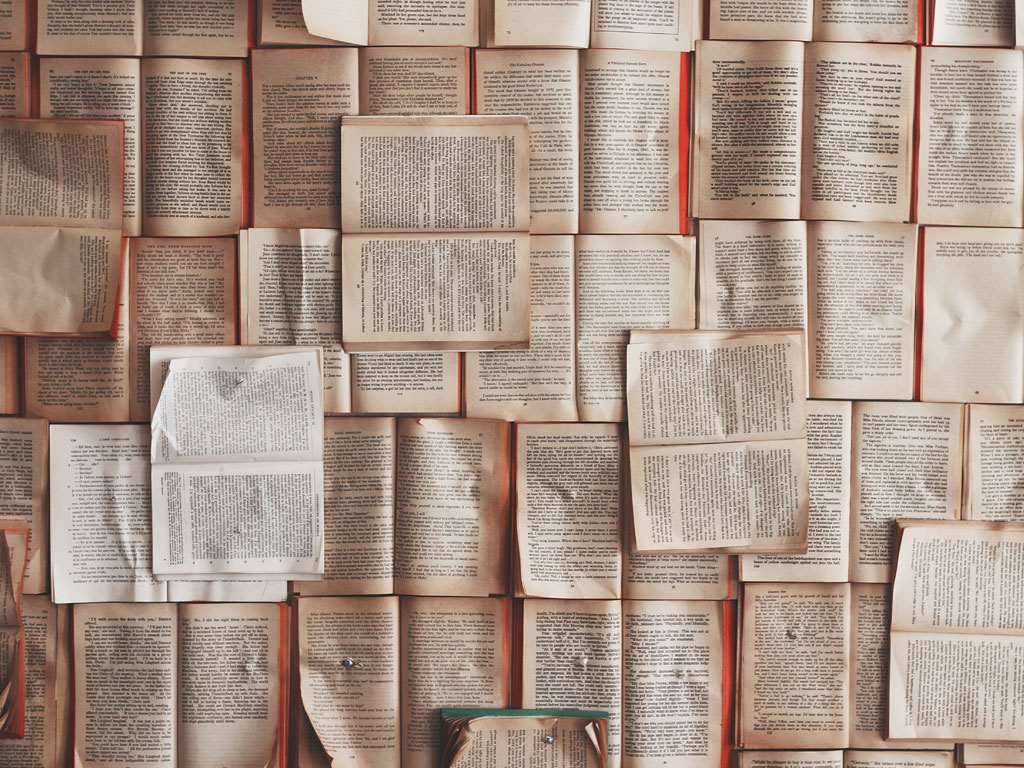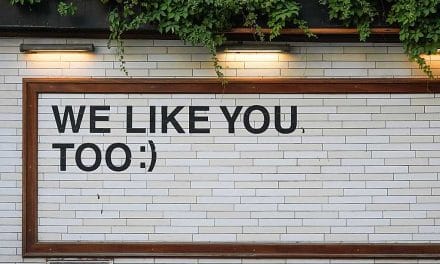Welcome to the cleaning terms glossary section of the website





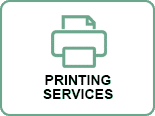

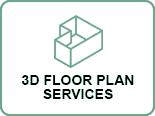














Backing: The material used to form the base of the carpeting into which the pile is attached.
Biodegradable: Biodegradable refers to the detergent in the carpet cleaning products that can be broken down in order to reduce the amount of surfactants discharged into the environment. This breakdown process prevents the product from being toxic to aquatic life.
Bleach: a chemical (typically a solution of sodium hypochlorite or hydrogen peroxide) used to whiten or sterilize materials and removes stains as well as brightens fabrics.
Blooming: Blooming is the process in which the carpet fibers untwist. Blooming can occur for several reasons, more commonly they include; incorrect cleaning, improper heat setting, poor maintenance techniques, and general wear and tear because of the passage of time.
Browning: The result of stains reappearing after they have been treated and looked clean. This happens because soil residue or older stains that did not completely get cleaned from the carpet rise to the surface.
Builder: These are compounds that are added to the cleaning solution to soften the water and give the cleaning power an extra boost.
Build-up: Caused by adding layer after layer of floor finish over dirt without scrubbing the old layers of dirt away first, build-up is a heavy deposit of floor finish, dirt, grime, and wax.
Carpet Cleaning: Carpet cleaning is a reference to cleaning carpet for the purpose of removing stains, dirt, grit, sand, and allergens or simply restoring the original beauty of the carpet.
Carpet Tiles: Carpet tiles are unlike wall-to-wall carpeting. They are individual carpet squares that are commonly found in commercial settings because of their high levels of durability. Carpet tiles can be solid in color, textured, or patterned, and can be removed for individual spot cleaning and/or repairs.
Cleaning: Cleaning is locating, identifying, containing, removing and disposing of unwanted pollutants from the environment.
Cleanser: A cleanser is a powdered of liquid cleaning product that contains abrasives, surfactants, and usually a bleach.
Clouding: This term is used to describe what happens when carpet is wetted and residue from past cleaning solutions that were never rinsed come to the surface and give the carpet a cloudy effect.
Colorfast: The ability of carpet fiber to hold its dye-or coloration.
Commercial carpet cleaning: Commercial carpet cleaning is a carpet cleaning service provided by a commercial company. The purpose of cleaning a carpet commercially is to remove stains, dirt, grit, sand and allergens and restore the original beauty of the carpet.
Crushing: Crushing, sometimes, referred to as matting, occurs when the fibers become bent and compressed. Over time, all carpet will develop crushing. However, with the use of regular maintenance programs using firm padding below the carpet, and frequently rearranging furniture to re-direct traffic patterns can all help to greatly prolong crushing.
Degreaser: A degreaser is a specialty product that removes grease from hard surfaces.
Denier: Denier refers to the total measurement of yarn per carpet area; carpets with more denier have a higher yarn count.
Digester: Enzyme based cleaners that break down or “digest” a stain to make it less stubborn to remove.
Dry carpet cleaning: Dry carpet cleaning involves the use of specialized machines in order to clean carpets with newly developed chemical technologies that permit very low moisture cleaning. This process results in the beautification of the carpet as well as the removal of stains, dirt, grit, sand and allergens.
Face Weight: Very much like to denier, face weight plays a vital aspect in a carpet’s overall performance and durability. Face weight is defined as the total weight of fibers per square yard of carpet.
Fiber: This is one of the most used terms in the carpet world. A fiber is the strands of material used in the carpet. Fiber type is important to determine the care method you take and cleaning solutions that should be used. Most carpets are made of synthetic fibers such as nylon and some carpets are made of natural fibers like wool. Both are very different and require different care.
Fray: Fray occurs often when high-traffic, wear and tear, and improper cleaning methods like the use of incorrect cleaning products, scrubbing stains instead of blotting, and other improper maintenance methods occur and the carpet fibers are compromised. When fraying occurs, the carpet fibers become damaged, expand, and change textures.
Green carpet cleaning: Green carpet cleaning refers to the process of cleaning carpets with the use of environmentally friendly cleaning products. Green cleaning considers human health and environmental impacts.
Grooming: Some professional carpet cleaners will use a special grooming tool to work cleaners into the carpet as a pre-treatment this is the act of grooming. Other cleaners use the term as a way to describe their post cleaning process of applying a final protective treatment/coating to the carpet fibers as well as fluffing and producing a smooth even appearance.
Hot Water Extraction: Major carpet manufacturers often recommend this procedure; it is when hot water extraction is a cleaning process that agitates carpet to break down the soil and grime buried deep within the fibers. After a detailed rinse with eco-friendly cleaning solutions and a rapid turbo-drying process, carpets are left cleaner and more durable.
IICRC Certified Carpet Cleaning Technicians: The IICRC is a certification and standard-setting non-profit organization for the inspection, cleaning, and restoration industries. In partnership with regional and international trade associates, the IICRC serves more than 25 countries with offices in the United States, Canada, United Kingdom, Australia, New Zealand, and Japan.
Maintenance Program: A scheduled program of cleaning and restoration services that is personalized and customized to meet the unique needs of commercial buildings, office spaces, educational settings, and other facilities along with residential homes.
Mat: An area in the carpet that has crushed or flattened fibers caused by a number of things including constant foot traffic, heavy objects or overzealous spot treatment.
Nap: The nap of carpet is the direction in which the fibers are woven into the backing. Carpet is typically laid with the nap running in the same direction for an even and consistent appearance. Professional cleaners will clean in the direction of the nap to preserve overall appearance.
Over wetting: Over wetting is the application of too much product. If a carpet becomes too wet, the primary or secondary backing may release a dye like substance that causes the tips of the carpet fibers to become yellow or brown.
Oxidizer: An oxidizer is a cleaner that reacts with oxygen and is used on stains like coffee and urine. Oxidizers work great on many different stains and most fiber types except for wool.
Padding: Padding, or carpet cushion, is the layer of cushion that is installed between the carpet and the subfloor. Padding is essential in prolonging carpet life, appearance, and quality. Padding, or carpet cushion, is the layer of cushion that is installed between the carpet and the subfloor. Padding is essential in prolonging carpet life, appearance, and quality.
Pile: Pile is defined as the visible portion of carpet fibers and is sometimes referred to as nap. There are several different types and styles of piles, including cut pile and loop pile.
Pile Reversal: Pile reversal or shading occurs when high-traffic activity bends the carpet fibers in various directions. Pile reversal is highly common at pivot points, like the hallway corners, doorways, and so on, and directly results in the creation of a discolored impression.
POG: These are carpet safe spotting agents formulated to remove Paint, Oil, and Grease.
Reducer: A cleaning solution that will reduce or get rid of the oxygen in a stain and make it easier to clean from the carpet. Reducers have less chance of yellowing and are a good option for wool carpets. Reducers work well on colored stains and are great on foods and drinks with artificial colors.
Resilience: Resilience is known for the carpet’s ability to resist crushing and matting. Type of fiber, padding, backing, and other aspects are used to qualify the amount of resilience a piece of carpeting has.
Rippling: Rippling is the technical term for wave-like or ruffled patterns that manifests over time on wall-to-wall carpeting. It is often caused by excessive amounts of heat and humidity conditions. Rippling can be corrected by contacting a qualified contractor or carpet retailer to re-stretch the carpet in most cases.
Seam: The line where two pieces of carpet intersect is known as the seam. Avoiding seams is rarely a possibility since most carpet is produced in 12-foot wide rolls.
Shedding: Following the installation on new carpet, the fibers have a tendency to shed for several weeks. While shedding is more common in cut pile and wool carpets, it is still a minor issue for synthetic fiber carpets. Regular vacuuming is the most optimal solution.
Soiling: When dirt particles, germs, and grime build up in carpet fibers, soiling occurs. A maintenance program, regularly scheduled professional carpet cleaning services, and routine vacuuming are all ways to prevent soiling from occurring.
Stripper: This one sounds intimidating so you may not hear it often. A stripper is a cleaning agent that will reduce or strip oxygen levels from spots and stains allowing for easier stain removal.
Traffic lane: Sections of carpet the receive the most wear and use such as hallways, steps, and entranceways, and require frequent vacuuming and cleaning in order to maintain appearance.
Tufting: as the act of a needle punching through a backing material in the form of a loop. Depending on loop heights, these loops can add texture, dimension, and, if cut, the “cut pile” can add a velvet like appearance to the tufted area.
Upholstery Cleaning: Upholstery cleaning refers to the process of cleaning the upholstery of furniture from dirt and dust. Because upholstered furniture often has intricate shapes and delicate fabric that is difficult to clean, it is important to use a professional cleaning service that can effectively remove the dirt and grime from the furniture and restore it to its original beauty.
WE ARE YOUR ONE STOP SHOP FOR ALL OF YOUR FLOOR MAINTENANCE SERVICES
Welcome to Red Door Real Estate website. Red Door Real Estate specializes in providing specialty residential and commercial encap carpet cleaning, tile and grout cleaning, concrete cleaning, stone floors honing polishing and cleaning, hardwood flooring screen and recoat wax removal and cleaning and buffing, epoxy cleaning and vct and vinyl floor stripping and waxing and cleaning and buffing.
WE ARE YOUR ONE STOP SHOP FOR ALL OF YOUR CLEANING SERVICES
We provide the following services VCT and Vinyl Floor Stripping and Waxing and Cleaning and Buffing, Epoxy Cleaning, Floor Stripping and Waxing, Carpet Cleaning, Hardwood Floor Cleaning, Move In and Move Out Cleaning, Pet Urine and Feces Treatment, Tile and Grout Cleaning, Concrete Cleaning, Leather Cleaning, Area Rug Cleaning, Drapery & Blinds Cleaning Services, Auto Boat and RV Detailing Services, Fabric Protection, Odour Removal, Upholstery Cleaning, Natural Stone Cleaning, Mattress Cleaning, Janitorial Services, After Construction Cleanup and Spot Removal. Contact Red Door Real Estate and we will be glad to help you with all of your cleaning service needs.
WE ARE YOUR ONE STOP SHOP FOR ALL OF YOUR MARKETING SERVICES
Red Door Real Estate provides the following marketing services: Competitive Analysis, Landing Page Creation, Keyword Research, Graphics Design, E-Newsletter, Onboarding, Website Planning, Email, Conversion Optimization, Drone Photography and Video, Marketing Consulting, Domain Registration, Website Hosting, Search Engine Optimization, Database Marketing Lists Creation, Pay Per Click Marketing, Business Writing, Video Production, Printing, Virtual Tour, 3D Model Views Dollhouse 3d Floor Plan, 2D Floor Plan, Virtual Staging, Photography, Company Branding, Social Media Setup and Administration, Managed Website, Website Design, Photo Editing and Photo Slideshow Video. Contact Red Door Real Estate today for all of your marketing services.
Call Us
778.801.8595
SEND US AN EMAIL
book@reddoorrealestate.ca
Text Us
778.801.8595
Contact Us
WHY CHOOSE US
Business License, Criminal Record Check, Trained Professionals, Professional Software, Professional Processes, Better Results and Quality, Transparent Pricing and no Hidden Fees, Results Driven, Flexible Scheduling, Great Competitive Value, Customer Satisfaction Focused, Green Business, Reputation, Customer Privacey, Experience, Professional Processes, First-Class Service, Fast Response Time, Free Consultation and Estimates, Competitive Pricing and Dedicated Account Manager.

